Have you ever come home to find your couch shredded, shoes chewed, and a giant pair of soulful eyes looking up at you in regret? For many big dog lovers, this scene is all too familiar. Some large breeds crave companionship so deeply, being alone feels almost unbearable for them. These gentle giants might look tough, but inside, they’re big softies who just want to be by your side. Discover which large breeds struggle the most with being left alone—and why their hearts might just be even bigger than their paws.
Big dogs might seem independent, but many are actually giant cuddle bugs who don’t enjoy being left on their own. This list covers 10 large breeds that thrive on human connection and can struggle with too much alone time. They form deep bonds and often prefer to be wherever their people are—whether that’s on the couch or by your side on a walk. If you’re considering one of these loyal companions, be ready for a full-time shadow. They’re big, loving, and all about that constant company!
Labrador Retriever: The Family Shadow
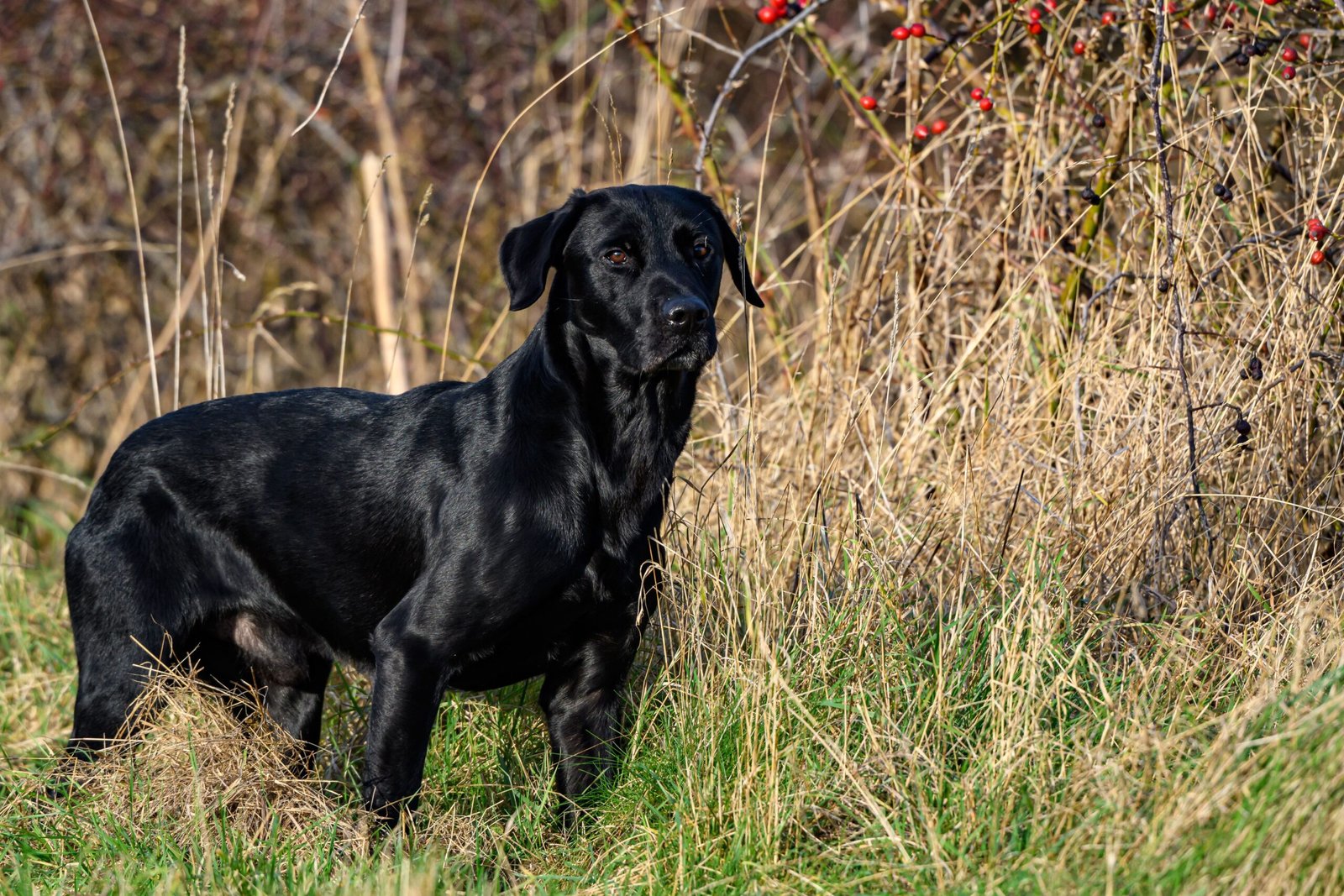
Labrador Retrievers are known for their boundless energy and joyful personalities. But beneath their playful exterior, they have a deep need for closeness. Labs are notorious for following their humans from room to room, always eager to be part of the action. Leaving a Lab alone for too long can lead to anxious behaviors like barking, digging, or even destructive chewing. These dogs thrive on affection and are happiest when surrounded by family members. Labs can feel truly lost without their humans, making them poor candidates for long periods of solitude. If you’re often away, a Lab may not be the best fit unless you have help or a reliable dog walker. Their loyalty is unmatched, but it comes with an emotional price if they’re left in the quiet too often.
Golden Retriever: Loyal and Lonely
Golden Retrievers have earned a reputation as one of the friendliest breeds around. They form deep bonds with everyone in the family, from toddlers to grandparents. This loving nature means they often struggle with being alone. Goldens can develop separation anxiety, which may show up as whining, pacing, or even accidents in the house. They love nothing more than being included in family activities and can grow despondent if left behind. If you’re considering a Golden, be prepared for a companion who wants to be involved in every aspect of your life. Their golden hearts are as big as their golden fur, and they need just as much care and attention to stay emotionally healthy.
German Shepherd: Devoted to Their Pack
German Shepherds are famous for their intelligence and loyalty. These working dogs were bred to herd and protect, which means they naturally want to be close to their “pack.” When left alone, German Shepherds can become restless and anxious. They may bark excessively or try to escape in search of their people. Because they are so devoted, these dogs need plenty of mental and physical stimulation to ease their worries. If you’re away from home for long stretches, a German Shepherd may not feel secure. They need clear purpose and strong bonds to feel comfortable—and when those are missing, stress can quickly build.
Boxer: The Playful Companion
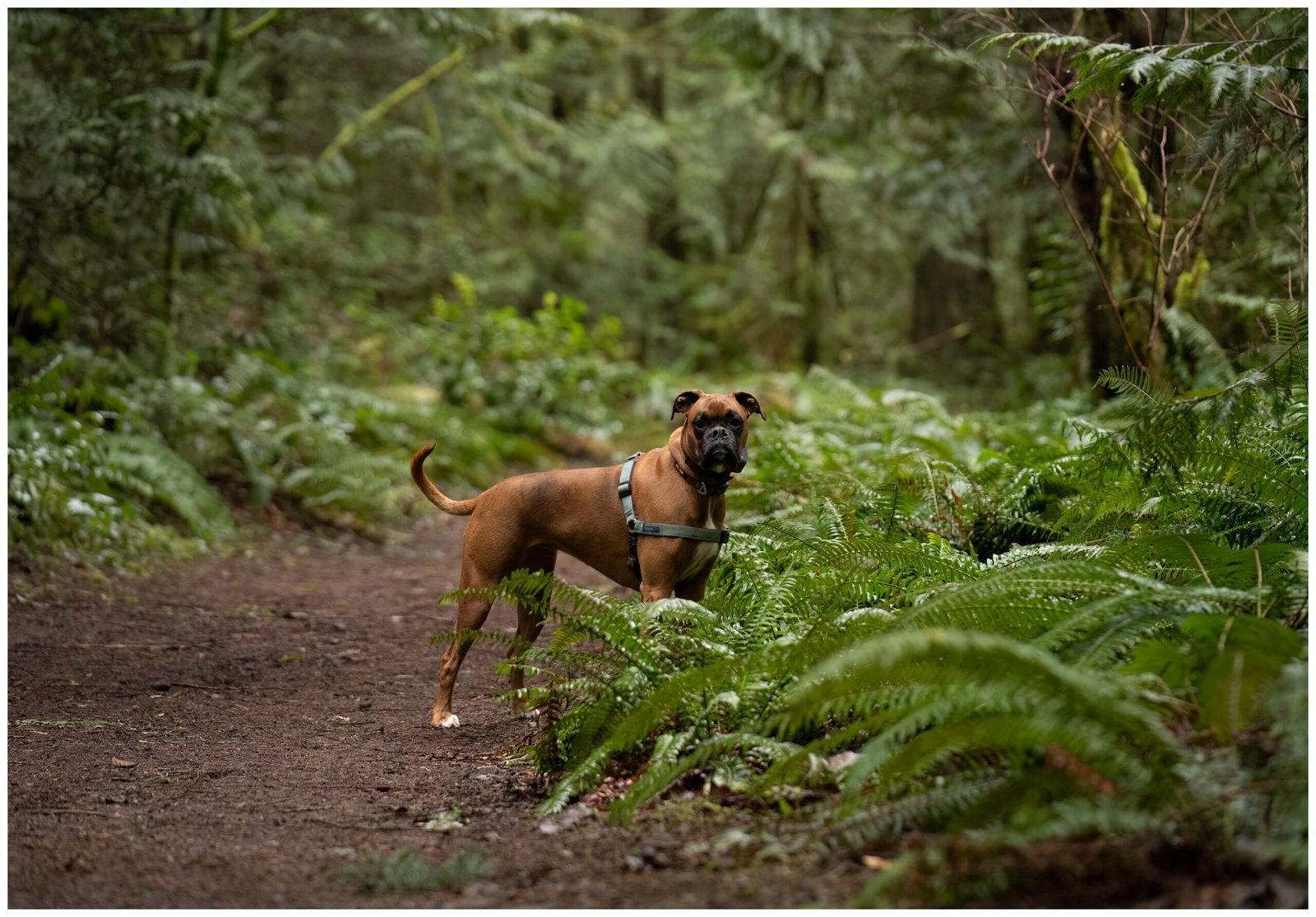
Boxers are well known for their playful spirit and expressive faces. They form tight bonds with their families and absolutely hate being alone. Boxers can become depressed or destructive when left by themselves for too long. They may chew on furniture, bark at noises, or pace anxiously until their loved ones return. These dogs thrive on interaction and daily playtime, both physical and mental. If you’re away all day, a Boxer’s clownish antics can quickly turn to signs of distress. Their lively personalities are best suited for homes where someone is around to keep them company and entertain their joyful hearts.
Bernese Mountain Dog: Sensitive Souls
Bernese Mountain Dogs are gentle giants with a soft spot for human companionship. These large, fluffy friends are known for their sweet temperament and deep sensitivity. Being left alone can make a Bernese feel lonely or even scared, leading to anxiety or destructive behaviors. They may wait by the door or window, longing for your return, sometimes refusing to eat or play until you’re home. Their need for closeness means they do best in homes where someone is present most of the time. If you want a Bernese to thrive, be ready to offer plenty of affection and a steady routine.
Great Dane: The Gentle Giant Who Hates Goodbyes
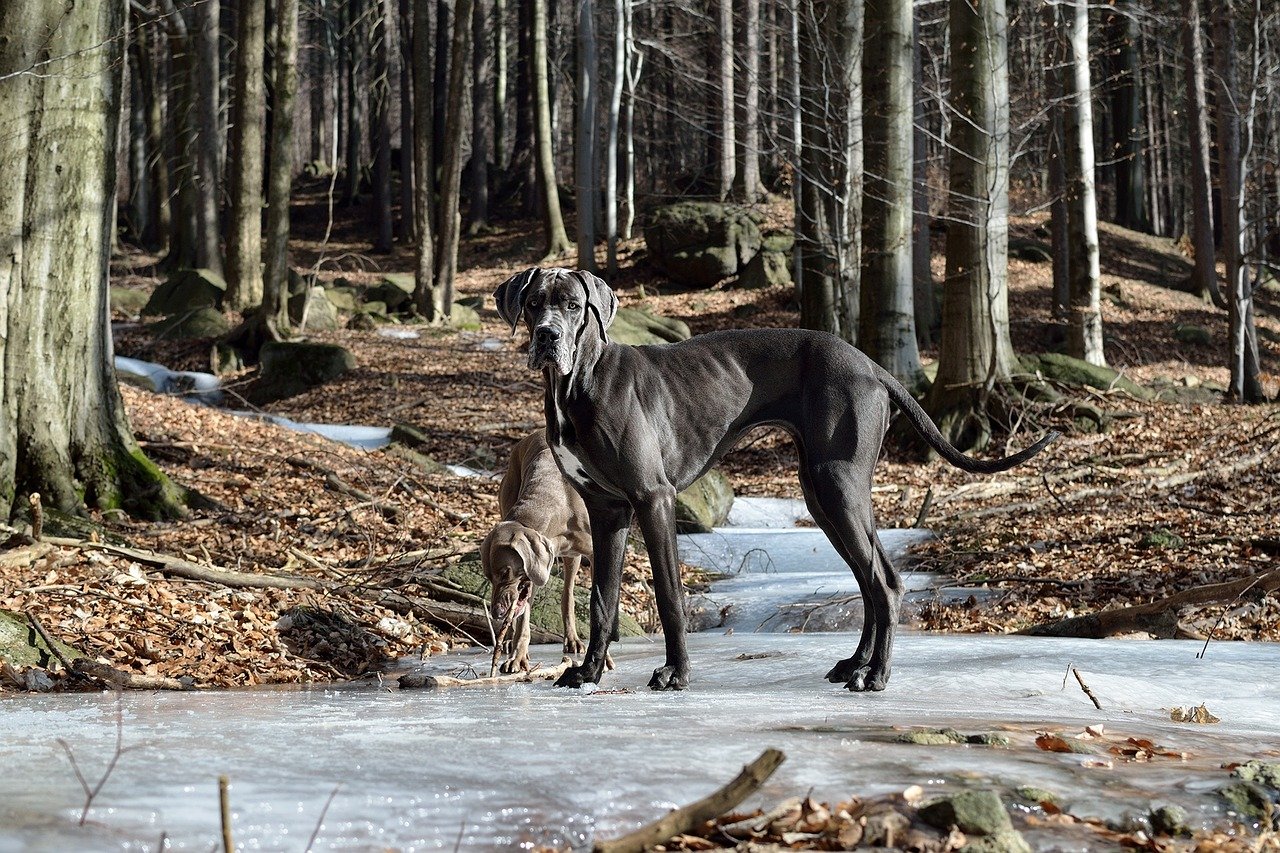
Great Danes might look imposing, but they are gentle and affectionate at heart. Nicknamed “the world’s biggest lapdog,” a Great Dane will often try to squeeze onto the couch right beside you. When left alone, they can become anxious or even destructive despite their calm demeanor. Great Danes bond intensely with their families and may struggle with separation anxiety. They can be particularly sensitive to changes in routine or environment. If you’re away a lot, it’s crucial to provide them with comfort and reassurance, or consider doggy daycare to keep their spirits up. These dogs simply want to be your oversized shadow, every day.
Newfoundland: The Affectionate Nanny
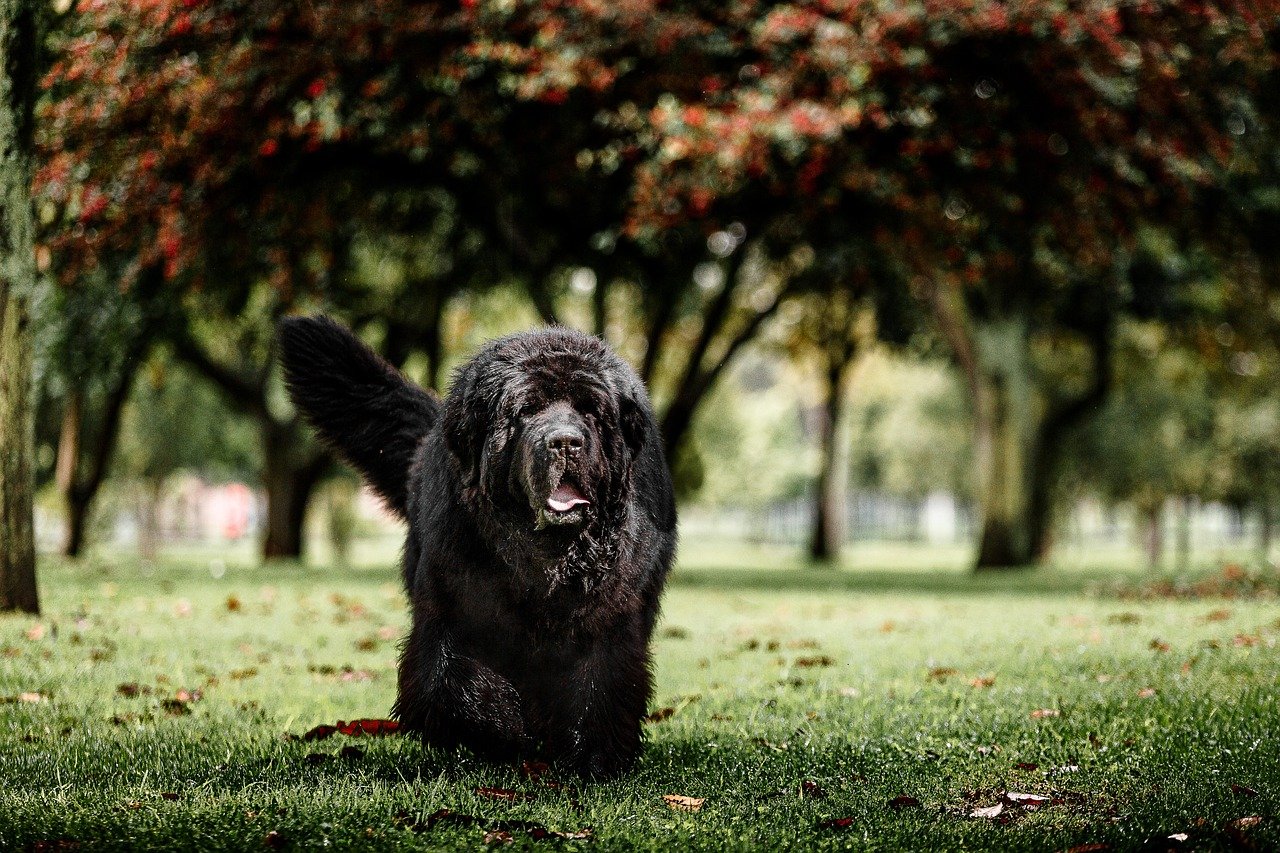
Newfoundlands are known for their sweet, nurturing nature. Sometimes called “nanny dogs,” they love looking after children and being part of family life. Their loving disposition means they dislike being left on their own. A lonely Newfoundland may become withdrawn, anxious, or even destructive. They crave attention and can get depressed if left in solitude for too long. These dogs do best in homes where they are considered a central part of daily life. If you’re seeking a gentle, loving giant, make sure you have plenty of time to share with your Newfoundland.
Doberman Pinscher: The Velcro Guardian
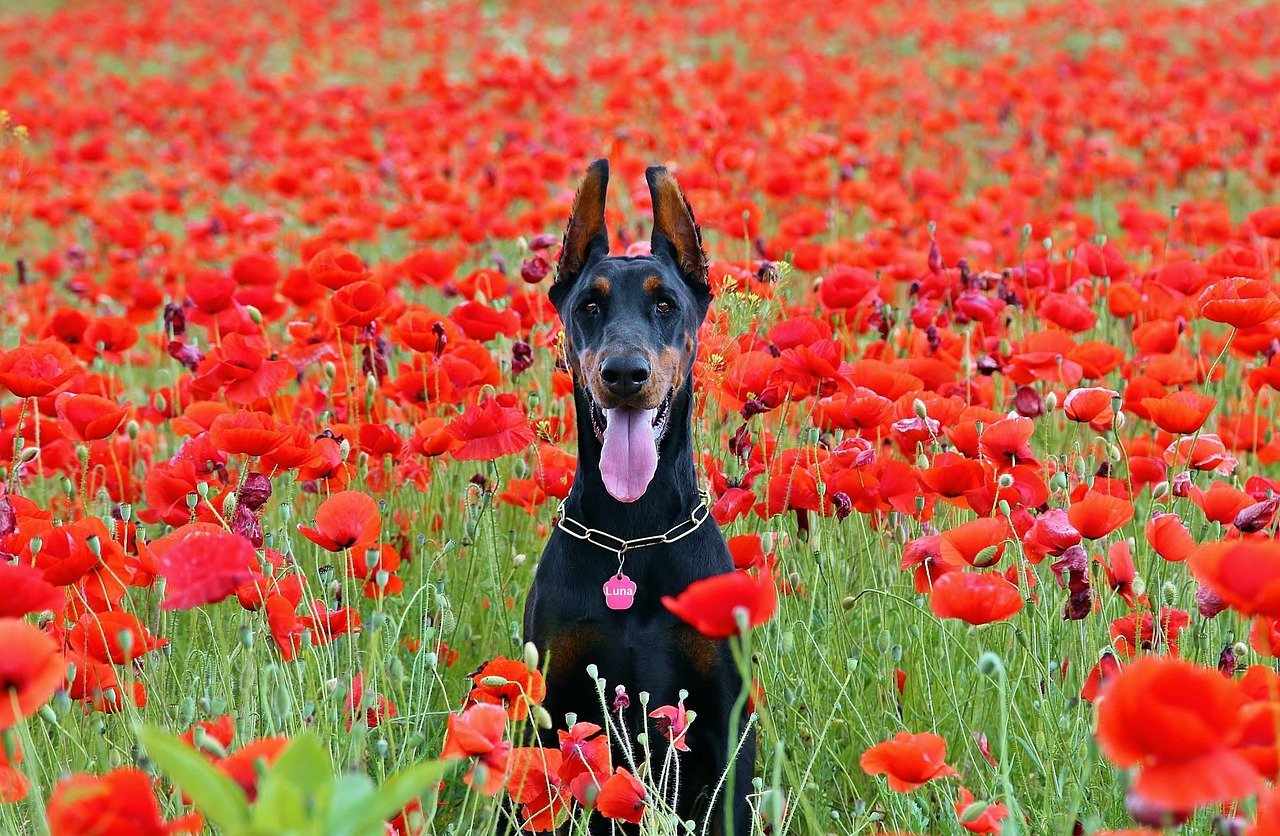
Doberman Pinschers are loyal protectors, often known as “velcro dogs” because of how closely they stick to their owners. They form incredibly strong attachments and can become deeply distressed when left alone. Dobermans are prone to separation anxiety, which can show up as whining, chewing, or pacing. Their intense loyalty means they thrive on companionship and need regular interaction to be happy. If you’re looking for a Doberman, be ready to embrace their constant presence—these dogs want to be wherever you are, keeping an eye on their beloved humans.
Alaskan Malamute: The Pack-Oriented Adventurer
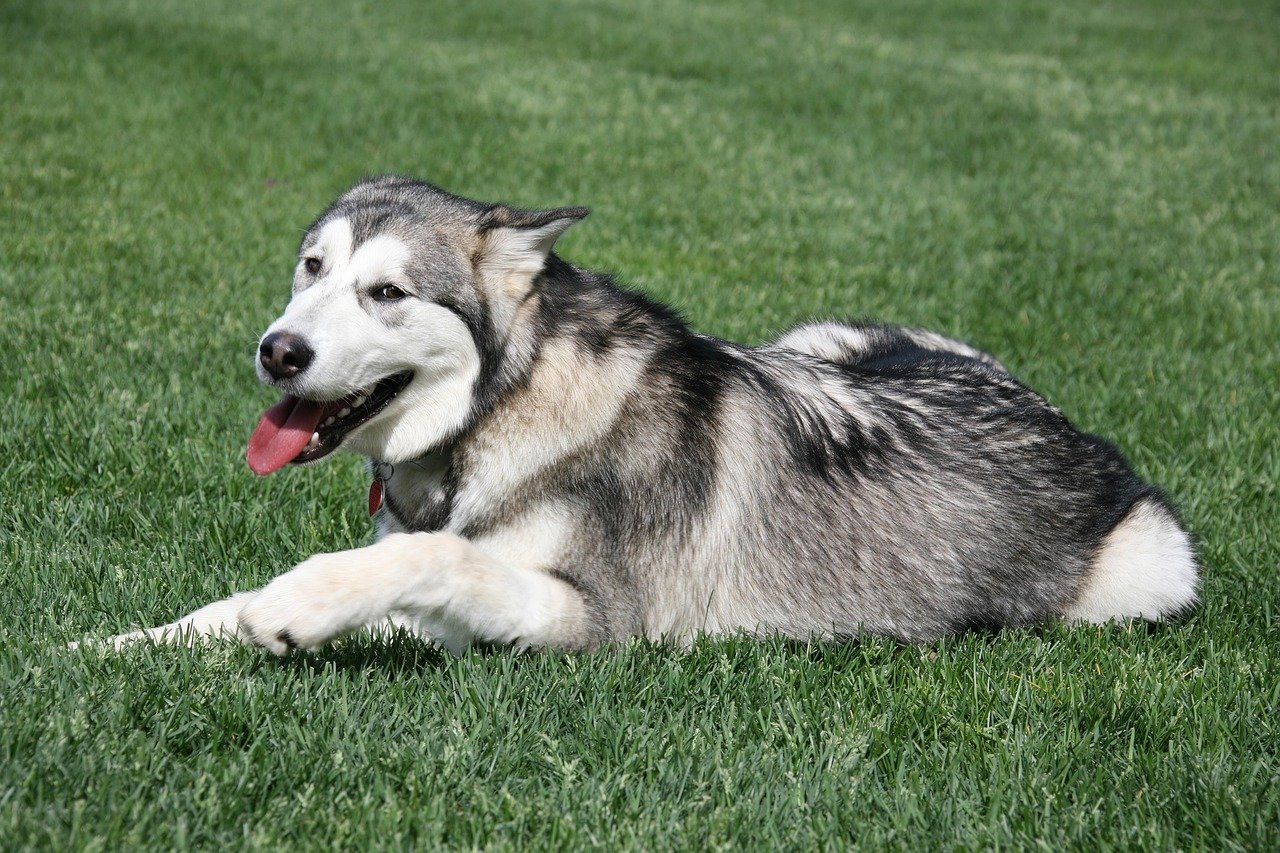
Alaskan Malamutes are powerful, striking dogs bred for teamwork and hard work in harsh conditions. This pack mentality means they crave company, either from humans or other dogs. Being left alone doesn’t suit them; they may howl, dig, or try to escape if they feel isolated. Malamutes can become destructive when bored or lonely, so plenty of interaction and exercise are essential. If you have a busy schedule, consider another dog as a companion or find ways to keep your Malamute engaged when you’re away. Their need for friendship is as strong as their love for adventure.
Irish Wolfhound: The Tender Giant
Irish Wolfhounds are among the tallest of all dog breeds, but their personalities are gentle, even shy. They adore human company and are happiest when lounging alongside their family. When left alone, an Irish Wolfhound can become anxious or lethargic, sometimes refusing to eat or play until reunited with their loved ones. Their sensitive nature means they notice changes in their environment and routine, making consistency and companionship especially important. If you want a loyal, loving friend who needs your presence as much as you need theirs, an Irish Wolfhound will never let you feel alone—unless, of course, you leave them behind.
If you’re thinking about one of these big-hearted breeds, just know they’re not fans of solo time. These dogs thrive on companionship and do best in homes where someone’s around more often than not. A little extra love and attention go a long way in keeping them happy. After all, these gentle giants don’t just want a home—they want a best friend by their side.





